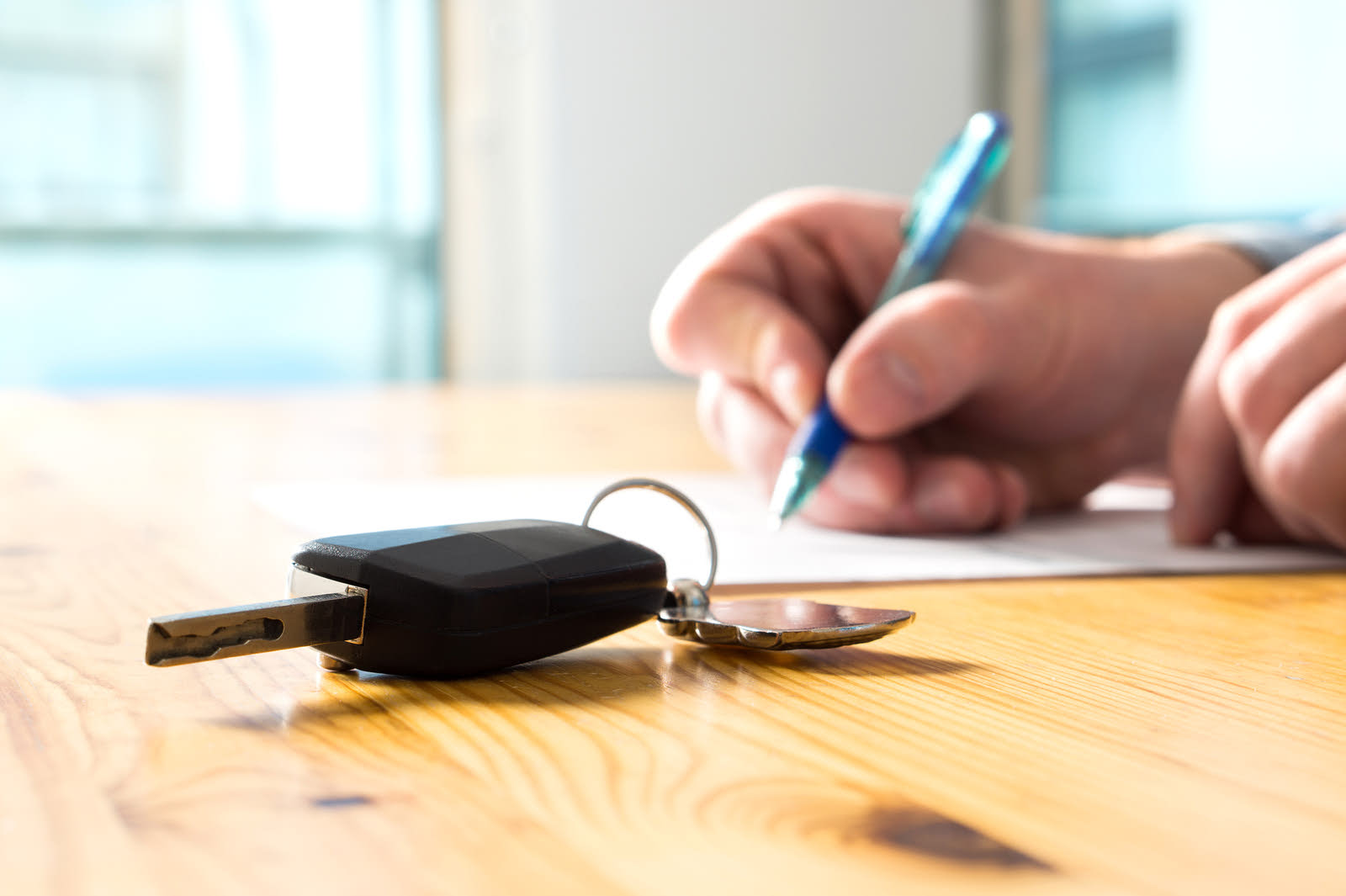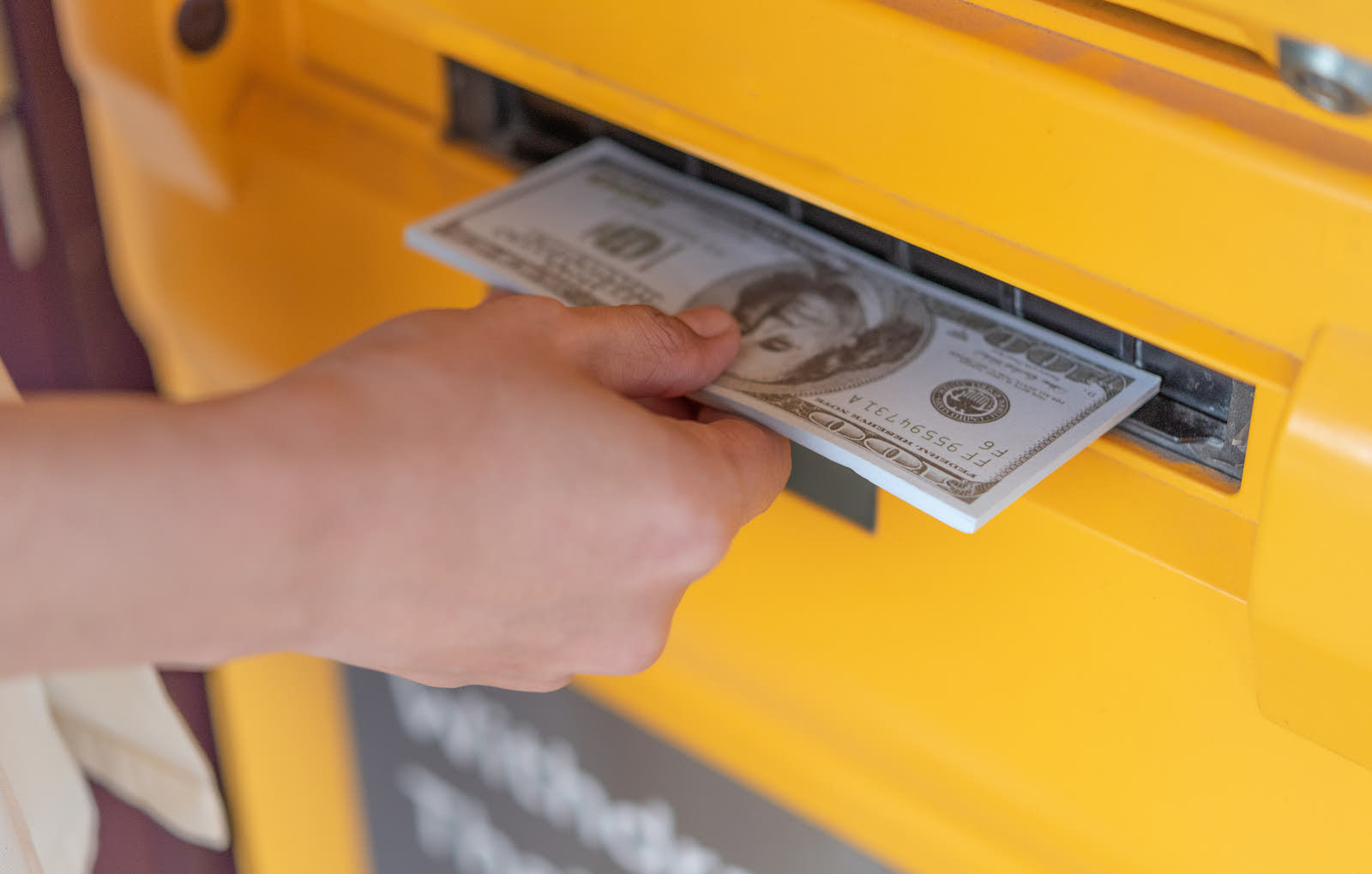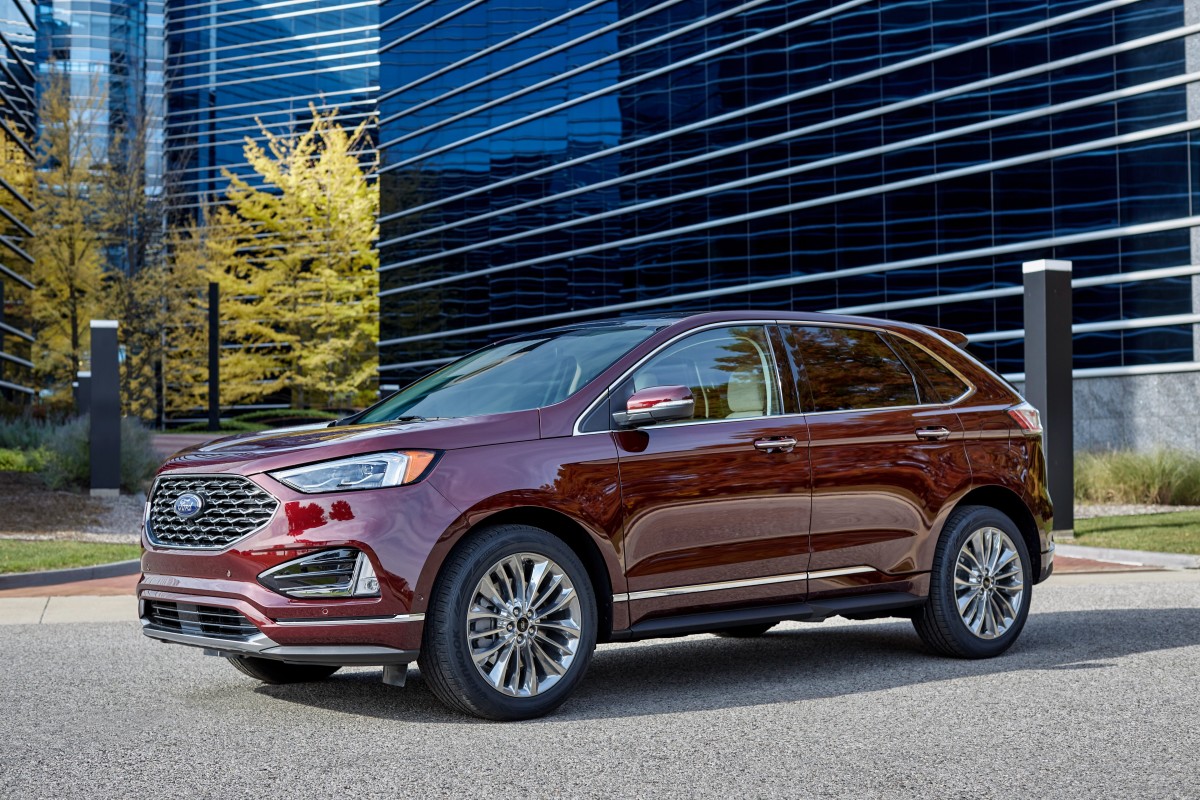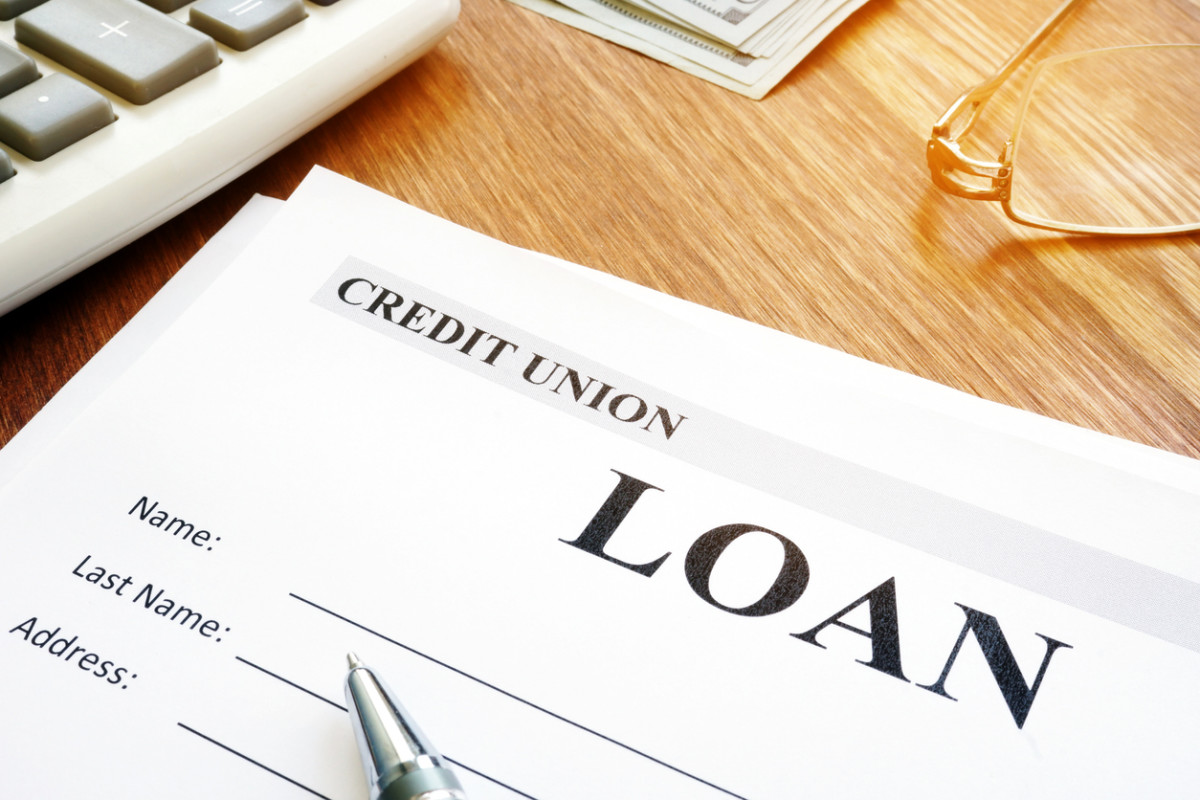Selling your car privately is usually the best way to maximize the amount of money heading into your bank account. But one of the major drawbacks is the risk of encountering scammers or fraudsters who are trying to con you out of money.
How to Sell a Car Without Getting Scammed Quick Tips
- When selling your car privately, take your time, be cautious, and don't fall for sob stories.
- Keep things professional. Selling your car is a business transaction, so you should try to remain unemotional through the process.
- If the bank isn’t open, wait until it is. If a buyer wants to pay you with a personal check or some other peculiar currency, politely decline and move on to the next shopper.
How to Avoid Scams When Selling Your Car
- Get to Know Your Potential Buyers
- Keep It Professional
- Meet During the Day in a Public Place
- What Is the Safest Way to Receive Money When Selling a Car?
- Should You Accept a Cashier's Check When Selling a Car?
- Sell Your Car With CarGurus
Get to Know Your Potential Buyers
We’ll assume that you have buyers practically beating down your door trying to buy your car (that’s the idea, right?). Before you agree to meet with any of these potential car buyers, try to get some background information from them. Are they local? Can they meet in person? How do they plan to pay for the car? Get their contact information and phone number and try to speak with them over the phone, rather than relying solely on text messages. Recognizing and protecting yourself from scams starts with these initial messages.
Keep It Professional
Remember, you’re selling a car, not donating it to a charity. Often, unsavory buyers will try to play off your emotions by sharing stories of the sad circumstances that led them to you and your car. Don’t be swayed by these stories. Keep the transaction professional, and don’t rush the process, and make sure you have determined your car’s worth. Make sure all documentation is transferred only after you’ve received payment for the vehicle, and ideally after that money has been successfully deposited into your bank account.
There are a few hoops to jump through when transferring money and paperwork during a private car sale. While the process is easy enough to manage, it’s critical that you take things one step at a time and don’t hand over the keys until each step has been completed.
Meet During the Day in a Public Place
Imagine you’re shopping for a car online—after all, if you’re trying to sell a car, you're probably shopping for one too, right? Would you wait until the sun had set to go look at it? Certainly not. Schedules can be tough to work around, particularly in winter months when the daylight hours shrink, but you should still insist on meeting the shopper during the day. It will help them see the vehicle clearly, and—just as important—it will help you see them clearly. If you’re going to offer a test drive, you’ll be better off doing it during the day. And don’t forget to make sure they have a driver’s license!
Additionally, avoid private, secluded meeting areas. The more people in your meeting area, the safer you’ll be. Shopping mall and grocery store parking lots are great options. Many police stations also have designated places for folks to conduct sales. A police station is ideal, as very few scammers will be willing to risk ripping someone off in front of the cops.
What Is the Safest Way to Receive Money When Selling a Car?
You’ll need to have the paperwork required to sell your car, but what about the money? If you’re transacting in person, accepting cash at your bank is a great option. Avoid accepting money orders, turn down requests for payment plans, and be sure not to accept any overpayment. All of those can be red flags.
When financing a vehicle, the bank or lender will ask for your social security number. While this is a normal request from a financial institution, it is not normal to provide this information to an individual.
Most of us aren’t in a position to accept credit card payments, and many folks don’t feel comfortable walking around with thousands of dollars in cash, so your buyer may suggest paying with a check. Under no circumstances should you accept a personal check (or, for that matter, a wire transfer or gift card). They are just too easy to forge.
We don’t recommend accepting payment via PayPal or Venmo, and while escrow services can be an effective way to transfer funds, cash is still king.
Should You Accept a Cashier's Check When Selling a Car?
If the prospective buyer needs to pay via check, you should insist on a cashier’s check. Look up the bank listed on the cashier’s check online and call to confirm that the payment is legitimate. Don’t use the number printed on the check, as that could be a part of the scam. Better yet, go to the bank with the shopper and have the teller cut a cashier’s check then and there.
Sell Your Car With CarGurus
Another option is to sell your car with CarGurus. Sellers can request offers from mulitple local dealerships, and then pick the best one for them. Simply enter a few details, choose the best offer, and we'll put you in touch with the dealer who can finalize the process.








